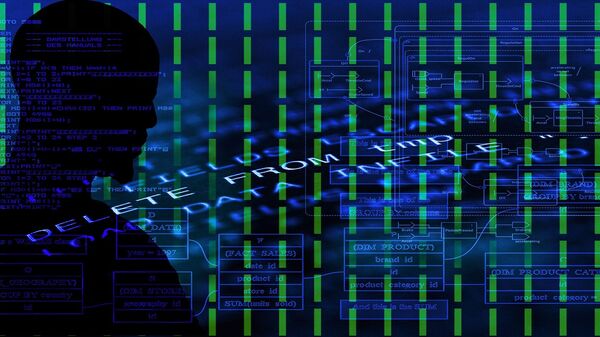The report said on Monday that North Korea’s "widespread and increasingly sophisticated" use of cyberspace enabled the country to force the transfer of funds from financial institutions, cryptocurrency exchanges and launder the incomes "with total proceeds to date estimated at up to two billion US dollars" to fund the weapons of mass destruction programs.
The report said that representatives of North Korean entities, sanctioned by the United Nations, operated overseas, including under diplomatic cover, to "procure equipment and technology" for weapons programs.
North Korea maintained more than 30 foreign representatives with bank accounts who facilitated transactions, including for illegal transfers of coal and petroleum, and used "complicit" foreigners to "obfuscate" these activities, the report said.
The government also engaged in illicit ship-to-ship transfers and exceeded the annual cap of 500,000 barrels of refined petroleum by the end of April 2019, the report added, citing the data submitted by the United States and "25 other member states."
The situation on the Korean Peninsula significantly improved last year after North Korean leader Kim Jong-un’s talks with South Korean President Moon Jae-in and US President Donald Trump. In June 2018, Kim and Trump reached an agreement, stipulating that North Korea would make efforts to promote complete denuclearization of the peninsula in exchange for US-South Korean military drills' freeze and potential removal of US sanctions. However, the negotiating process has stalled this year, with the tensions having escalated after Pyongyang’s several missile tests, conducted since late July.


